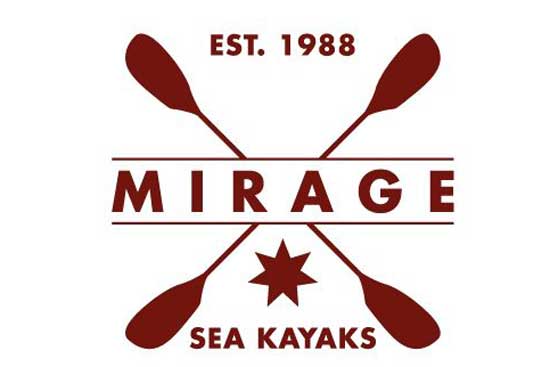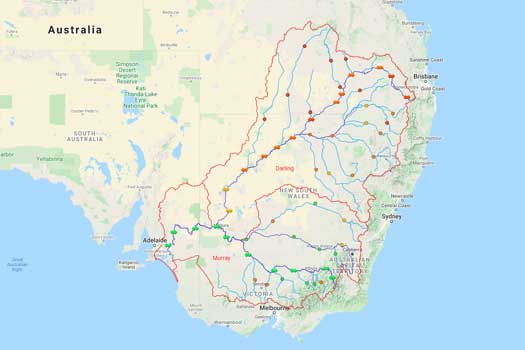Planning
Success does not consist in never making mistakes but in never making the same one a second time. A life spent making mistakes is not only more honorable, but more useful than a life spent doing nothing.
Planning a trip can be as simple or as complicated as you want. It will feel a lot more intrepid with minimal knowledge, but this could result in a much more difficult and possibly dangerous journey.
Firstly, general planning should start with doing some general research first. For commonly done trips you will risk being overloaded with too much information once you start looking! This was written for international travel but you can still adapt it for your local explorations!
- Get some picture books out of the library and take a squiz.
- Get some maps and mark the places you like the sound of on them. Looking at others' travel blogs and reading some travel stories helps.
- Get some travel books from the library and work out how much you need for the sort of things you want to do.
- Itemise expensive things, and do both an el cheapo option and a more flexible budget for your daily allowance. If you are selling up, for god’s sake, leave a little for setting up when you get back!
- Work out how long you can go for, and plan a rough route between the places on your map.
- Don't plan to be travelling all the time; give yourself time to meet people, to smell the air and eat the food.
- Buy your tickets, get your shots and drug kit sorted, get travel insurance that covers you for the things you want to do, and go!
- When travelling, take a notebook to write down what you spend. Adjust your travel budget and plans accordingly; avoiding touristy spots always helps.
But for those 0.01% of travels doing things outside of the norm, careful trip planning, training and smaller trial trips may be in order. Information about locations can be scarce or even non-existent.
When I was planning the upper section of the Murray, I found minimal information on the upper leg. Of the four known accounts that completed this leg, one party nearly died of hypothermia, another party struggled due to poor gear choice, and there was no information on the other two explorers. At least no-one died, so it can't be too bad right?
For the Culgoa, there was even less information. Of the two known trips that actually seemed to stay in the river, one party struggled with multiple portages. Travelling as a pair this wouldn't have significantly slowed them down, this would have turned my progress into a crawl attempting it solo in a heavily laden sea kayak. The other report of the Culgoa was even more concerning. He almost died and had to be rescued before spending months in hospital and at home recovering from severe Leptospirosis meningitis infection.










